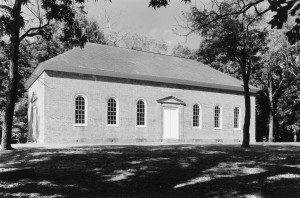Ben for 10-27
Throughout the course of the semester, anyone who has been following my blog at all may have noticed a trend, namely that I spend far to much of my time dealing with which Whitman is speaking, or what aspect of the Kosmos is the reader partial to at this point. We have seen Whitman the prophet, Whitman the disciple, Whitman the witness, but the Lincoln poems give us an aspect of Whitman that we have not seen before. This is Whitman the broken, the mourning, the sorrowful, this is Whitman stripped so bare by grief that the words and lines are pouring out of him straight. The ego that I railed on so much during the 1867 version of Leaves is no where to be found in this reading.
We, as readers, know that Whitman spends much of his time during the Civil War in a close proximity to death, both in his life and his work. We also know that he even kept in touch with some of the soldiers he treated, and as much as he would have liked us to believe otherwise, never actually met Lincoln, although they might have traded soulful glances from across the square. Stylistically though, when put in contrast to the rest of his work, the reader sees exactly how demoralized Whitman is by Lincoln’s death. In all the strife he’s seen, it is the one fatality that he cannot wrap his mind around. Although we do see him try in this rapid fire section of four poems that are all trying to grapple with the same one subject.
Perhaps the most interesting of the lot is “Oh Captain, My Captain” which is considered Whitman’s most famous poem, and is also a horrible representation of his work as a whole. I spent a long time after rereading this poem, in light of my new found understanding of Whitman, and the question that kept surfacing to grapple with was, why the form? Whitman never uses traditional form, it seems to go against the freedom that pretty much every version of Leaves advocates so much. I think in this case, it goes along the lines that Whitman is very much a control freak. He rewrote everything, even his personal letters, until he was happy with them. Leaves of Grass is a huge amorphous monster of a poem that was ever changing and ever evolving. The workshop edition, released just after the war, and heavily revised around that period, dealt with an America so shattered that Whitman felt the need to put in verse numbers to give the poem structure.
The placement of “When Lilacs Last in the Dooryard Bloom’d” right before “Oh Captain, My Captain” sheds light on both the poems function. ‘Lilacs’ is more traditional Whitman, it has the lists, it has the call outs to ideals, it has some of the sprawling length, although it shows a humility that most of his poetry lacks. “Oh Captain, My Captain” feels like the second attempt to capture what he couldn’t in ‘Lilacs’ in that the movement to form becomes an ultimate control to work within so that his sprawling emotions cannot run away from him, and so that he can attempt to put his feelings on the page.

